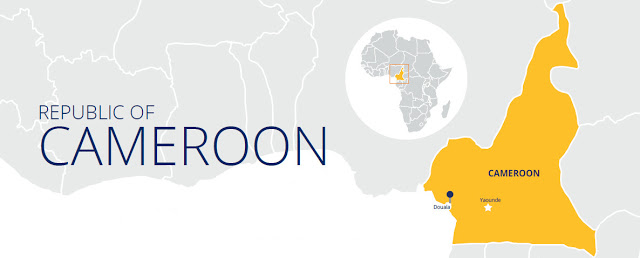Do you believe that basic medical care is a human right? Wouldn't it be wonderful if everyone had access to health care? Wouldn't it be a blessing if the Africa Mercy wasn't needed? That is why Mercy Ships provides a lot of education. I want to tell you some of what I've learned about the training here in Congo.
Keith Thomson came from the UK with ten anesthesiologists. This is significant. That's more anesthesiologists than are in the country of Congo.
Congo has operating rooms with equipment, unlike most of West Africa.
This is a great way that Mercy Ships partners with the area hospitals. They sponsor training for nurses who work in operating rooms in the local hospitals. They work with small groups to give hands-on training. They use training dummies to show how to use tubes for airways. They show techniques for spinal blocks. They talk about hard cases, and discuss how to lessen blood loss.
 |
| some on-board training |
Other health related training takes place in the admission tent on the dock. The day crew that the ship hires has 4 days of classes each week to learn about patient care, disease treatment and prevention. Two nurses teach and give tests in English. My friend Chris says they are excited to learn, and ask lots of questions.
There are classes in the wards on the ship. Twelve nurses from Congo have completed training. Hannah, one of the nurses involved in this training, tells how the women here are so eager to learn. Some of them who live in Point Noire take a two-hour taxi ride to get here in the morning. They go to class and learn on the ward before going home to their families, and then off to work a night shift at the local hospital. They are excited to put in practice some of the techniques they have learned from the nurses on board.
 |
| local nurses training in the hospital |
They learn that good nutrition makes a huge difference in healing. Mercy Ships also runs the Food for Life program in Dolsie, which is about a 4 hour drive from the ship.
 |
| Food for life class |
Twenty-five students have recently graduated and have gone back to their villages to train others.
It's a very comprehensive program. They learn everything from planting, mulching and composting to how to market and sell what they've produced.
I was impressed to learn that they make soy milk, yogurt, and mango preserves. The trainers from the food for life program now go to the villages to help the graduates pass on what they have learned. The center in Dolsie will continue to be used for training after the ship leaves Congo.
 |
| The tall guy in the back graduated from Cornell |
It really is amazing how much education there has been in this field service. The hospital closes soon, and this week they are finishing a course in trauma care. Even after the ship leaves, they will sponsor a course for biomedical engineering training.
Debbie











